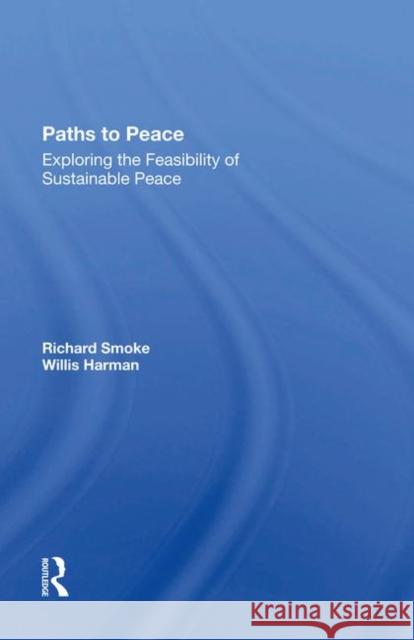Paths to Peace: Exploring the Feasibility of Sustainable Peace » książka
Paths to Peace: Exploring the Feasibility of Sustainable Peace
ISBN-13: 9780367282387 / Angielski / Twarda / 2019 / 114 str.
Paths to Peace: Exploring the Feasibility of Sustainable Peace
ISBN-13: 9780367282387 / Angielski / Twarda / 2019 / 114 str.
(netto: 676,35 VAT: 5%)
Najniższa cena z 30 dni: 654,86
ok. 22 dni roboczych.
Darmowa dostawa!
A primer on thinking about peace in a nuclear age, this book describes the kinds of peace efforts that have been tried-and those that might be tried-from the highest echelons of government policymaking to the grassroots level of individual endeavour. Its primary goal is to enable the reader to understand ways of eliminating the threat of nuclear war and to be empowered to take action. The book describes and compares nine basic methods people have used to achieve peace, ranging from such conventional approaches as the theories of deterrence and balance of power to more unconventional strategies such as nonviolent resistance. Essentially all significant ideas for achieving and maintaining international peace fall into one of these nine categories or combine features from several. Many have been tried, but all clearly have been found wanting. Yet the authors' tone is one of optimism as they explore some of the major changes of the past quarter century. They contend that these changes alter the balance of advantages and disadvantages among the various paths to peace, so that what seemed partially workable in the past may not be appropriate to the present and what seemed totally impractical in the past might have a chance of working today. The book concludes with a scenario that may make a stable peace possible in the foreseeable future.











